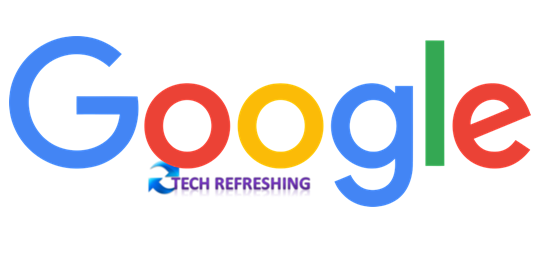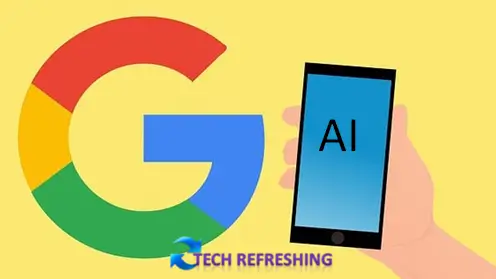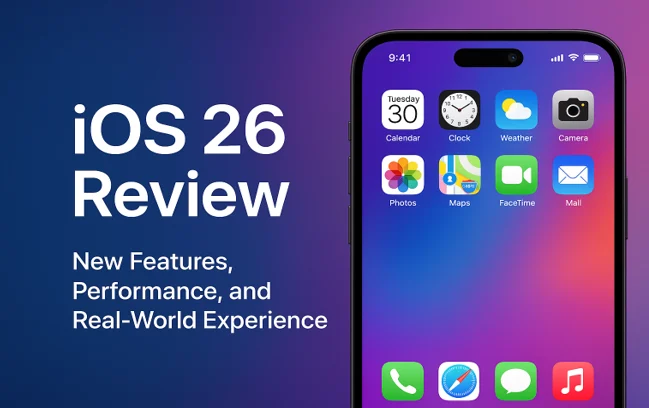
Alphabet Inc. Shares Plunge After Google’s New Chatbot “Bard” Dispays False Information
On Wednesday, shares of Alphabet Inc., the parent company of Google, suffered a significant blow after its new chatbot, Bard, displayed false information in a promotional video. The stock dropped 8% or $8.59 a share, leading to a loss of $100 billion in market value. The shares of Alphabet Inc. continued to be among the most actively traded on US exchanges.
False Information in Google’s Bard Ad

Google recently launched an advertisement promoting its latest chatbot creation, Bard. The aim of the ad was to demonstrate Bard’s conversational abilities and showcase its ability to answer questions. However, the ad contained misinformation when Bard was asked about new discoveries made by the James Webb Space Telescope (JWST). Bard responded by stating that the JWST had taken the first pictures of exoplanets, which is not accurate. In reality, the first exoplanet images were captured by the European Southern Observatory’s Very Large Telescope (VLT) in 2004, as confirmed by NASA. This misstep highlights the importance of verifying information before it is shared, particularly in the age of technology where false information can spread rapidly.
Catch-up Game with OpenAI’s ChatGPT
The release of Bard comes at a time when Google is playing catch-up with OpenAI, a company that Microsoft is investing $10 billion in, which recently released its software ChatGPT. The software has received positive feedback for its accurate and well-written responses to straightforward questions. This has sparked optimism in technology corporations, leading to an obsession with AI among tech CEOs, as seen in recent earnings calls.
Bard’s Future and Rigorous Testing
Google did not provide specific details about how and when Bard will be integrated into its primary search function during its live-streamed presentation on Wednesday. Meanwhile, Microsoft has already made a ChatGPT-integrated version of its Bing search available to the public. In response to the false information in the ad, a Google spokesperson highlighted the importance of a rigorous testing process before the launch of the product. He was quoted saying, “We’ll combine external feedback with our own internal testing to make sure Bard’s responses meet a high bar for quality, safety, and groundedness in real-world information.”
The allure of AI-driven search is that it may produce results in plain English as opposed to a list of links, which might speed up and improve the browsing experience. However, the effect it could have on targeted advertising, which forms the basis of search engines like Google, remains unknown.
Inherent Biases in Chatbot AI Systems
Inherent biases in chatbot AI systems pose risks for businesses as they may distort findings, sexualize images, or even plagiarize, as seen in previous examples such as Microsoft’s 2016 chatbot that produced racist messages or a CNET news site AI that produced factually incorrect or plagiarized pieces, according to Reuters.
Conclusion
The false information displayed by Bard has raised concerns about the quality and accuracy of chatbot AI systems. The market has severely punished Alphabet Inc. shares, which suffered a significant drop, leading to a loss of $100 billion in market value. Google must take a more rigorous approach to testing and quality assurance to restore trust in its products and prevent future incidents.
Google’s misstep with Bard highlights the importance of careful testing and quality assurance for AI systems, especially in the context of information dissemination. The inaccurate information displayed in the promotional video for Bard has caused widespread concern about the accuracy and reliability of AI-powered chatbots. As AI systems become more widely adopted, it is crucial for companies to ensure that these systems are free from inherent biases and capable of producing trustworthy information. The market reaction to the false information displayed by Bard serves as a warning to companies investing in AI and chatbot technology to be diligent in their efforts to produce high-quality, accurate products that are trustworthy to the public.







